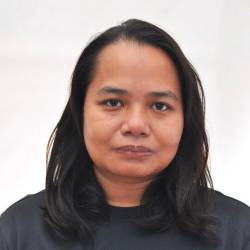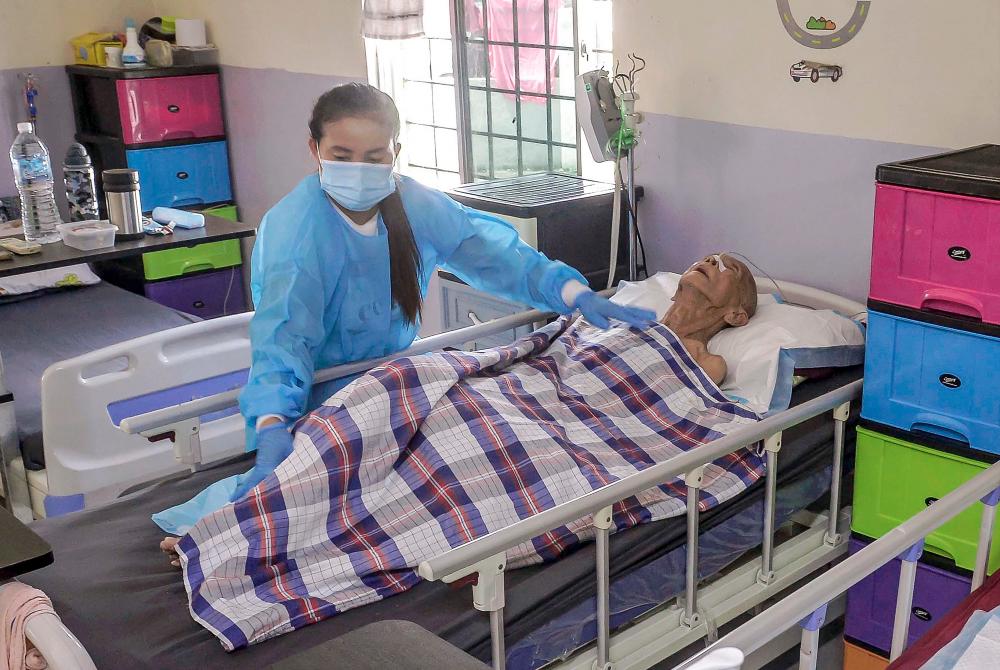KUALA LUMPUR: Caregiving is a noble act that requires effort and patience in looking after someone who needs constant assistance.
Those aged 65 and above are expected to account for 15% of the population by 2030, which means more caregivers will be required.
It is an indication that many families will need to be ready to care for their loved ones. However, not many have the means.
This is where Tan Joo Sen stepped in with an idea to start a welfare home called Fupin.
Fupin, which means “to help the poor” in Chinese, was established more than a year ago by a group of like-minded friends who were keen to care for senior citizens and those too ill to care for themselves. The home has separate quarters for men and women.
“I was roped in to help our residents, who are mostly bedridden, paralysed or had suffered a stroke. We understand their families may not have the financial means to care for them, so they are here with us.
“Each one of them is treated just as if they are our own family,” Tan told theSun.
The Fupin Welfare Home is located in Taman Nanyang in Jinjang, Kuala Lumpur, and has become home to 36 residents, including Lily Ku, from Setiawan in Perak.
Ku speaks fluent English, thanks to her upbringing.
“Unfortunately, my mother fell ill and I had to come to Kuala Lumpur to look after her,” she said.
To support herself in the city, she worked in fast-food restaurants as a waitress and cashier, including in her later years.
However, due to a fall, she was unable to continue working and lived temporarily with her niece.
“Because of the fall, my fingers started to curl inwards. I became an OKU (disabled person),” she said, adding that a family member offered to care for her. There were times when Ku felt as if she was a burden.
“I don’t like to stay and trouble my family. I came here about a year ago when my niece found out about Fupin. I love staying here. I’m often fed until I burst.”
To cope with her gnarled fingers and toes, physiotherapists would come in twice a week to move her limbs.
Meanwhile, another resident, Lily Au, 77, who suffers from high blood pressure and a swollen ankle, had her hair cut recently thanks to a hairdresser who comes every few months to groom the residents.
“Each Sunday, I can attend a service at a nearby church. A volunteer would take me. This way, I am not bored,” she said, adding that she has monthly medical checkups which are arranged for her at a clinic.
Tan said the residents do not pay to live at the home, but sustaining their medical and personal needs comes at a cost.
“There are two homes for the residents. We need about RM45,000 monthly to look after their welfare, including having four physiotherapists and seven caregivers helping us at any given time.”
He added that there are instances when sponsors would deliver cooked vegetarian meals.
Tan hopes to continue with Fupin’s charitable work, but this requires the public to help fund its operations.
He said those who wish to contribute vegetables, cooked food, adult diapers, soap or noodles are welcome to do so.
Individuals keen on assisting the home can visit www.fupincharity.org for further information or call 014-968 3909.











